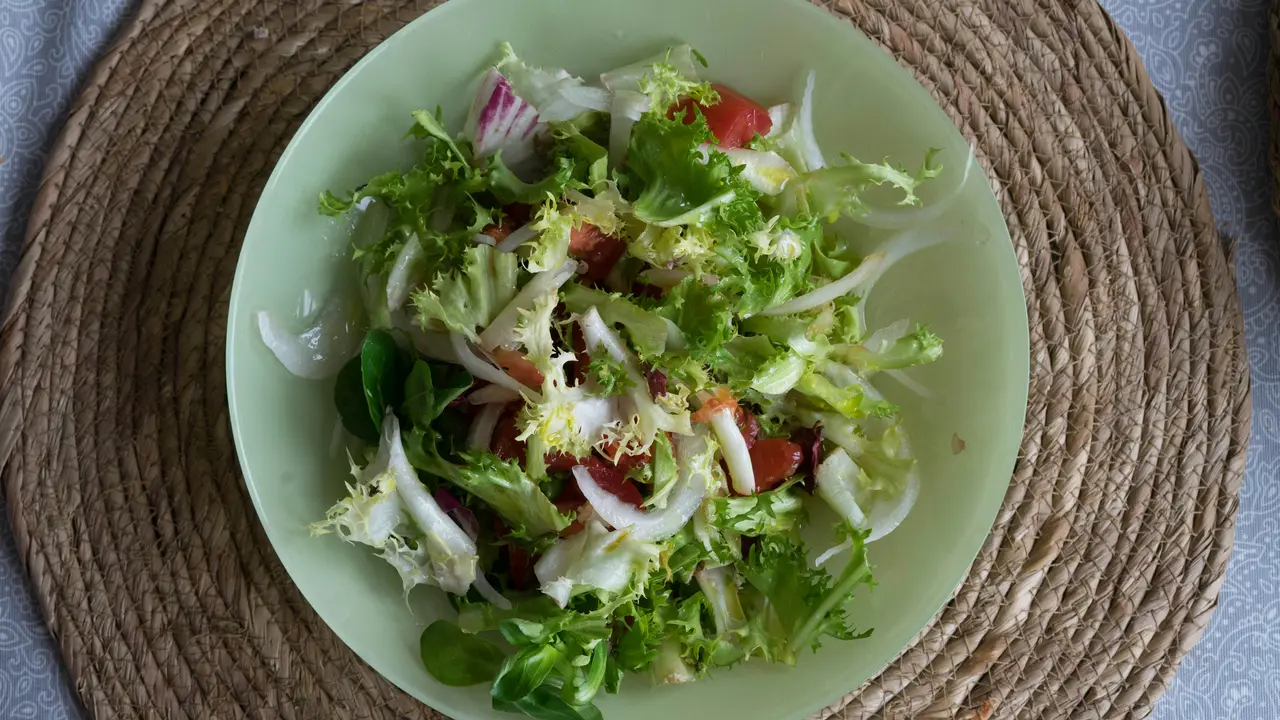Are you curious about how many carbs in a tablespoon of peanut butter? This popular spread is not only delicious but also boasts impressive nutritional benefits. In this article, we will explore the carbohydrate content of peanut butter and what it means for your diet. Get ready to discover some surprising facts!
Understanding Carbohydrates in Peanut Butter
When considering how many carbs in a tablespoon of peanut butter, it’s essential to understand what carbohydrates are and their role in our diet. Carbohydrates are one of the three macronutrients that provide energy. They come in various forms, including sugars, starches, and fibers.
The Role of Carbohydrates
Carbohydrates serve several functions in the body, including:
- Providing energy for daily activities
- Supporting brain function
- Regulating fat metabolism
How Many Carbs in a Tablespoon of Peanut Butter?
A typical tablespoon of peanut butter contains approximately 3-4 grams of carbohydrates. This is a relatively low amount, making peanut butter a popular choice for those looking to reduce their carb intake. However, the nutritional value of peanut butter goes beyond just its carbohydrate content.
Types of Peanut Butter
It’s important to note that the carbohydrate content can vary slightly depending on the type of peanut butter:
- Natural Peanut Butter: Contains minimal added ingredients; carb content is generally around 3-4 grams.
- Commercial Peanut Butter: Often includes added sugars and oils, which can increase the carb count to 4-7 grams.
- Powdered Peanut Butter: Lower in fat and calories, typically has around 1-2 grams of carbs per serving.
Nutritional Benefits of Peanut Butter
In addition to being low in carbs, peanut butter offers several nutritional benefits:
- High in Protein: A tablespoon of peanut butter contains about 4 grams of protein, making it a great addition to help meet your protein goals.
- Healthy Fats: It is rich in monounsaturated fats, which are beneficial for heart health.
- Rich in Vitamins and Minerals: Peanut butter provides important nutrients like Vitamin E, magnesium, and potassium.
Using Peanut Butter in Your Diet
Incorporating peanut butter into your diet can be easy and delicious. Here are some tips:
- Add it to smoothies for a creamy texture and added protein.
- Spread it on whole-grain toast or rice cakes for a nutritious snack.
- Use it in sauces or dressings to enhance flavor.
Considerations for Carbohydrate Intake
While peanut butter can fit into a low-carb diet, it is vital to consider overall carbohydrate intake and how it aligns with your dietary goals. If you are monitoring your carb consumption, here are a few tips:
- Track your servings: Be mindful of portion sizes, especially if there are added sugars in the peanut butter.
- Pair with low-carb foods: Combine peanut butter with low-carb fruits like berries or incorporate it into salads.
- Consult with a nutritionist: For personalized guidance on carb intake, seeking professional advice can be beneficial.
Conclusion
In conclusion, understanding how many carbs in a tablespoon of peanut butter is crucial for making informed dietary choices. With its low carbohydrate content, protein, and healthy fats, peanut butter is a nutritious option that can be enjoyed in various ways. Whether you prefer it in smoothies, on toast, or as a cooking ingredient, you can indulge in this delicious spread with ease. Don’t forget to share this article with friends who might be wondering about their peanut butter consumption, and check out our other articles for more insights on healthy eating!
Carbs – Useful Links
- Harvard T.H. Chan — Carbohydrates (The Nutrition Source)
- Harvard T.H. Chan — Carbohydrates and Blood Sugar
- Oklahoma State University Extension — Carbohydrates in the Diet
- Colorado State University Extension (Food Smart Colorado) — Carbohydrates
- Mayo Clinic — Carbohydrates: How carbs fit into a healthy diet
